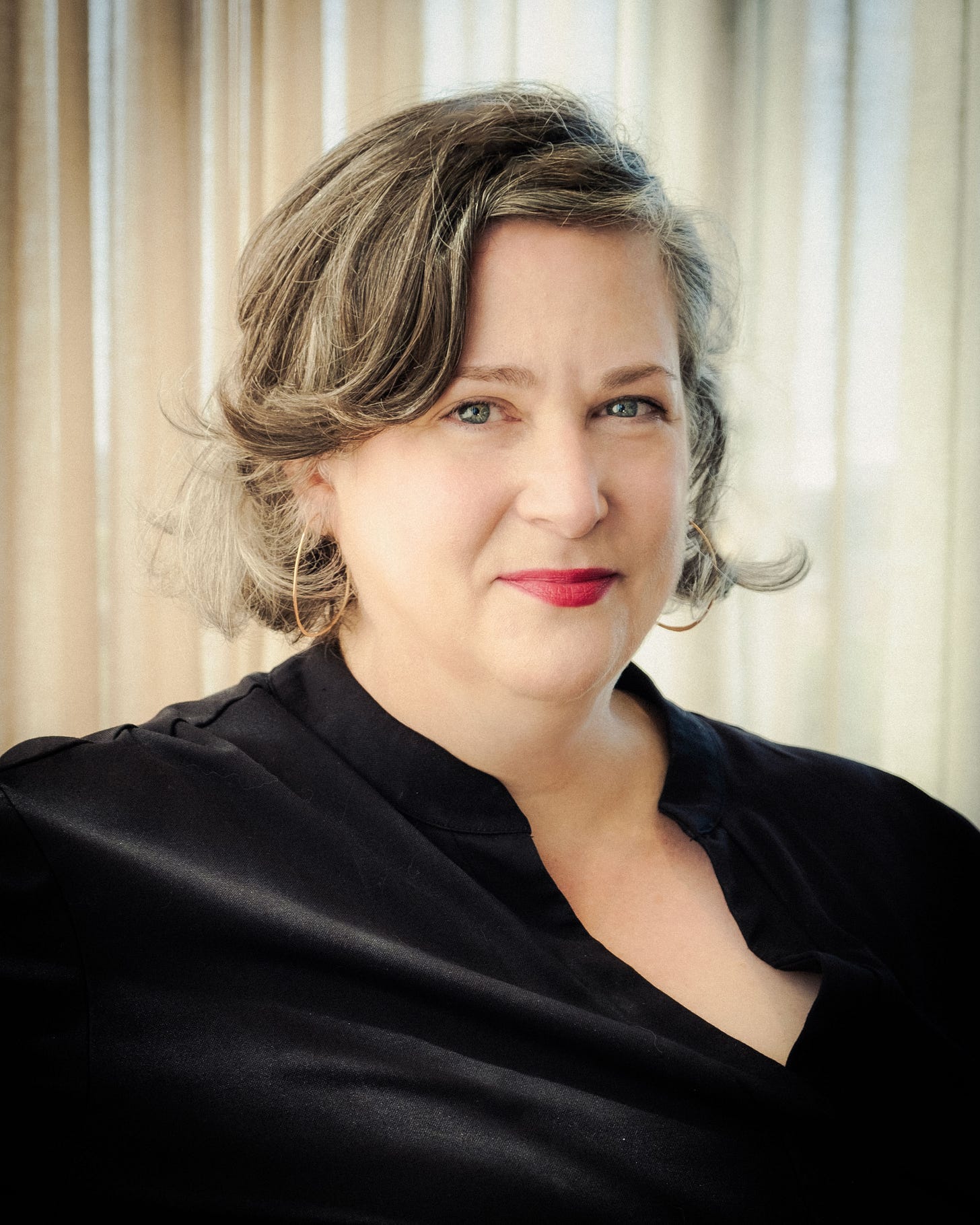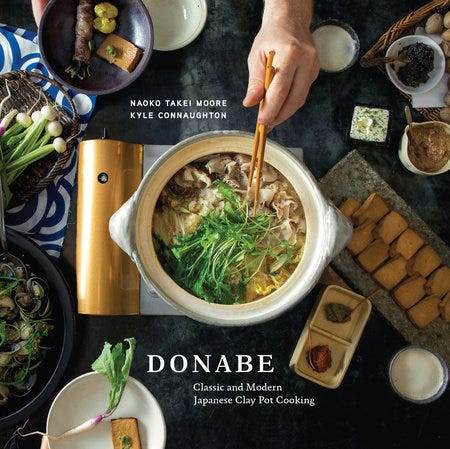A Cookbook Deal is about More than Social Media Stats, says Literary Agent Amy Collins
You need expertise, great writing and a life.

In previous issues of this newsletter, I’ve interviewed a big book editor in You Don't Need an Agent. And I wrote Waiting for Agents, about what it’s like to get one literary agent interested in representing your book.
This is my first interview with an agent, and I’m excited to share it with you. As you might know, it’s hard to contact an agent, even if you have their email. Sometimes they don’t answer, and when they do, they usually want a reference. As a paid subscriber, however, you get access here to a big agent, plus the required reference (you read my newsletter) and an email address. That’s gold.
Amy Collins is a former book editor who became a literary agent. I’ve known her for decades. Ten Speed Press, Chronicle Books, Harper Collins, Andrews-McMeel and William Morrow, among others, have bought cookbooks from Amy. She is the founder of Squid Ink Literary Agency and an affiliate agent at Miller Bowers Griffin Literary Management. Specializing in lifestyle and cookbooks, she looks for authors writing about under-published topics and fresh takes on classics. See her list of published books here.
Here’s where Amy finds new talent, what she looks for in an author and cookbook, and how she feels about building a following:
Q. How many years have you been an agent?
A. Twelve years. I was an editor for 13 years in academic publishing. I joined Miller Bowers Griffin Literary Management in 2021 because I’m a collaborative person and I wanted other people’s input and advice. There was no one to bounce anything off with before. What I learned is to trust my instincts.
Q. What might an average day look like for you?
A. It’s a surprising amount of solitary reading, reading proposals and editing, reading contracts, researching which new books are coming out, researching competitive titles, corresponding with editors and authors, scrolling through Instagram and Tik Tok, and listening to podcasts on how culture is shifting, especially around wellness and eating. I particularly like Rich Roll, which covers health and wellness. I have to stay up-to-date in the food space. I read the New Yorker and The New York Times. It’s a mix of boring and fun stuff.
Q. How do you find authors to represent?
A. I don’t advertise. We don’t even have a website. Contacts come from referrals from clients and others. The secondary way is through my own research, where I reach out to experts on a particular subject. A lot of times I see a hole in the market, and I go looking for that person on Instagram and Tik-Tok. Sometimes I see a trend emerging and look for the right person.
Q. What kind of authors do you look for?
A. It’s got to be deeper than just followers. There’s a constellation of things. People who teach have a lot more depth. An extreme example is Andrew Janjigian from Wordloaf. He’s a bread head who worked for Cook’s Illustrated for 11 years and has a Master’s degree from Harvard, but his social media isn’t hundreds of thousands of followers.
There’s Hetal Vasavada of Milk & Cardamon. I sold her second book last year. She runs a bakery out of her home. She does a lot of brand deals. She does recipe development. She does a million different things besides being an influencer. She’s the only person doing Indian flavors in a European dessert format. That’s how she ends up on the ‘Today Show’ or ‘Good Morning America’ for Diwali.
Q. What draws your attention in a cookbook proposal?

A. Really great writing. An interesting author bio. Someone who has taken the time to build a following.
Unique recipes, something new and different. I can’t just see a recipe for granola. Why would I care? I’m going to Google it if I want to make granola.
Q. What is the definition of having “something new to say?”
A. Bringing attention to a product or technique that’s having a moment. Right now it’s tinned fish and chili crisp.
Writing about a place and a people who haven’t been written about before. Authors who have historically been underrepresented in traditional publishing.


